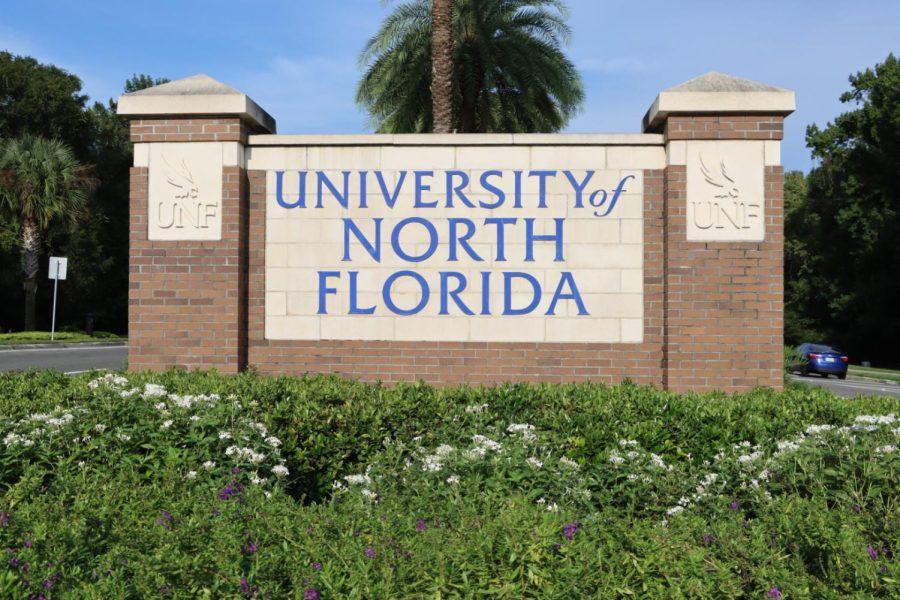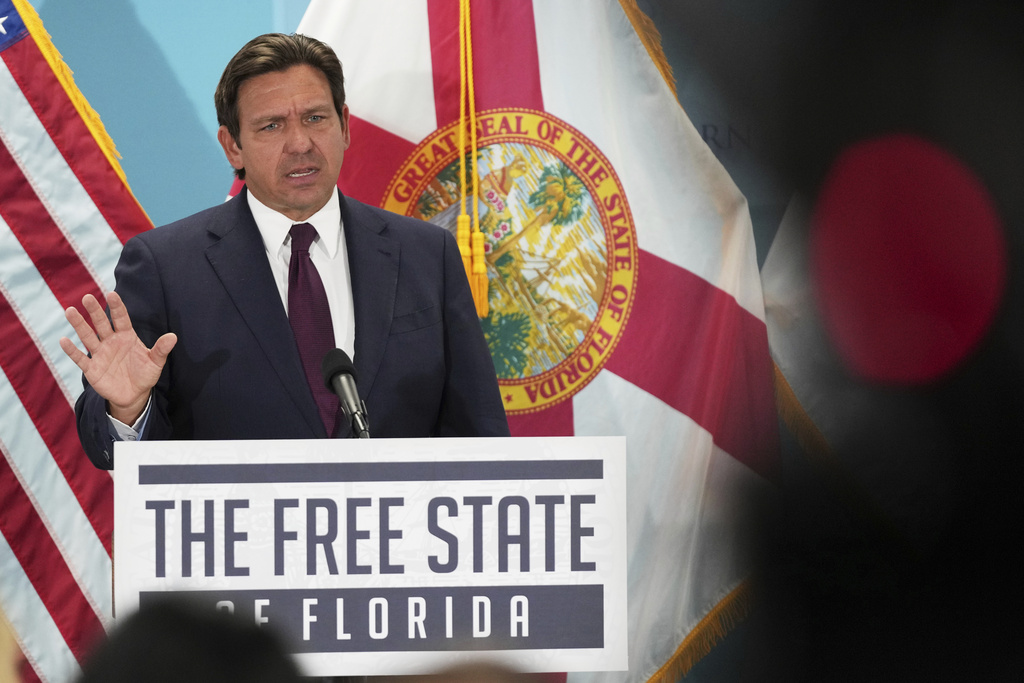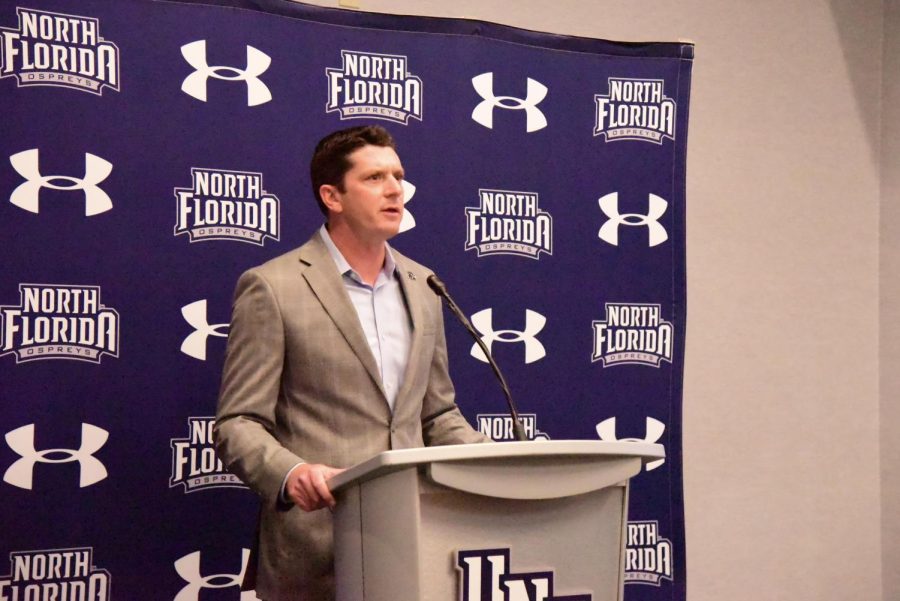The University of North Florida faculty union took its legal action against the university a step further on Friday afternoon, over two months after the union filed its class action grievance with UNF.
The United Faculty of Florida at UNF’s grievance alleged that UNF violated the union’s agreements on post-tenure review guidelines. On Friday, the union filed a notice of arbitration with the university after a mediation hearing determined that there were no such violations, according to an email sent to all faculty.
Lorainne Beach was the hearing officer who made this determination and, according to the union’s email, found that UNF “acted in good faith.” Beach is also the senior advisor to the university president.
In the email, UFF-UNF President Mark Halley wrote, “We have spent nearly a year attempting to resolve our differences [with UNF] amicably and informally. Sadly, the university’s refusal to resolve this conflict has left us with no choice but to pursue formal legal action.”
Halley said on Friday afternoon that the union’s goal is for the university to acknowledge that administrators used peer comparisons during professor evaluations and to “make sure this doesn’t happen again.”
In its original grievance, the union requested this same acknowledgment and that peer comparisons be discontinued. UFF-UNF also requested compensation for any employees who were “adversely affected” by peer comparisons.
According to a UNF spokesperson, university officials do not have a comment on the pending claim at this time.
What is Post-tenure Review?
In May of 2023, Gov. Ron Desantis signed a bill requiring the tenured faculty of Florida’s public universities to undergo post-tenure review evaluations every five years. According to the law’s language, Post-tenure review evaluates faculty on “accomplishments and productivity,” among other criteria.
This is the same law that cut the state funding of diversity, equity and inclusion initiatives.
Previous to the 2023 law, tenured professors had job protection for the duration of their careers at the university where they worked.
Under the new UNF policy, if a tenured professor receives an unsatisfactory post-tenure review, the university can terminate employment.
Since the Board of Governors approved the post-tenure review amendments last September, college professors across Florida have been in and out of negotiations with university administrators to agree upon more specific evaluation criteria and to avoid peer comparisons.
Halley said UNF professors’ performance should be “compared to discipline-appropriate standards, not one another.”
“To truly embrace a culture of care and not a culture of toxic competition, we must recognize and celebrate excellence at UNF,” Halley said.
This is a breaking news story. Stay with Spinnaker as we continue to update you on this developing story and provide more specifics on UFF-UNF’s legal action against UNF. Read more about PTR and collective bargaining here.
___
For more information or news tips, or if you see an error in this story or have any compliments or concerns, contact editor@unfspinnaker.com.
















